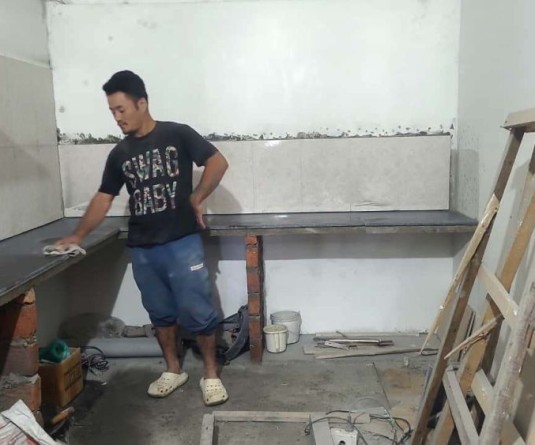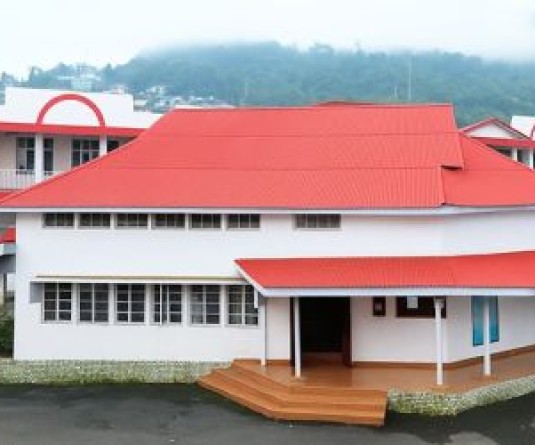
Kohima, May 21 (MExN): Three student volunteers of Don Bosco College Kohima and Susan Kulnu, the District Coordinator of Peace Channel, Kohima organised a programme for students of Sacred Heart School, Khuzama on the topic ‘Morality and Discipline’ on May 19. The volunteers were Elivi Swu, Lulu Awomi, and Ayekali Aye.
A press release from Peace Channel Desk informed that Lulu, who was the resource person, mentioned that morality and discipline are essential parts of life. “Morality helps us to judge the difference between right and the wrong as well as good and bad. Morality and Discipline teach us to be honest and upright in our effort to achieve our goal. It should become part of one’s life at very early stage...Without morality and discipline, one’s lives will be no different from that of the animals,” she was quoted as saying.
The concept of ‘moral’, she stated, is what distinguishes between right and wrong. “It is the determination of what should be done and what should not be done. Morality deals with behaviour as well as motives. Morality differs from culture to culture, and there are moral codes that are relative,” Lulu said.
However, she added, there are some moral values which are universal. “For example, it is morally wrong to murder or it is morally wrong to cheat another.”
The resource person also debriefed that ‘discipline’ is the suppression of base desires, and is usually understood to be synonymous with self-control. “Discipline is when one uses reason to determine the best course of action that opposes one’s desires. Virtuous behaviour can be described as appropriate when one’s values are aligned with one’s aims to do what one knows to be best and to do it gladly,” she maintained.
Lolia, teacher animator along with 59 students participated in the programme.
Students capacitated to understand conflict
The same team also capacitated students of St. Paul School Phesama on ‘Understanding and responding to conflict’ on May 18. The objective was to impart knowledge about conflict and its consequences, to understand the differences between active and passive responses to conflict, and also to identify specific constructive and destructive behavioural responses to conflict, another press release from Peace Channel Desk said.
Elivi Swu addressed the students saying conflict refers to some form of friction, disagreement, or discord arising within a group when the beliefs or actions of one or more members of the group are either resisted by or unacceptable to one or more members. Stating that conflicts are natural and inevitable, she said ways of conflict vary from person to person and from situation to situation. She suggested five methods through which individuals can manage conflict: Avoidance, Competition, Compromises, Accommodation, and Collaboration.
She maintained that conflict cannot be overcome by individual efforts alone, but it can be solved by collective efforts when there is understanding within the groups through unity. “By understanding conflict and learning the approaches to respond to conflict, we will be able to accomplish our goals for peace.” The session, attended by 44 students and 2 teacher animators, concluded with a peace prayer and peace pledge initiated by Ayekali and Lulu.






